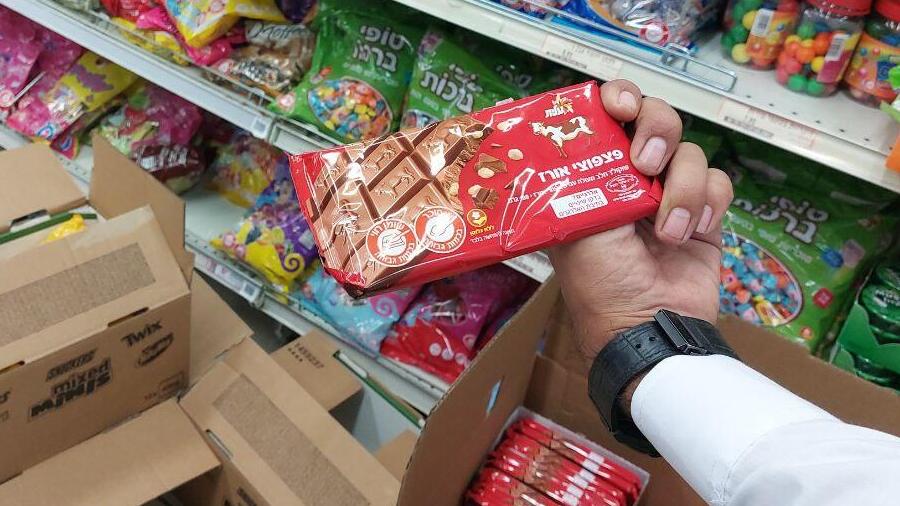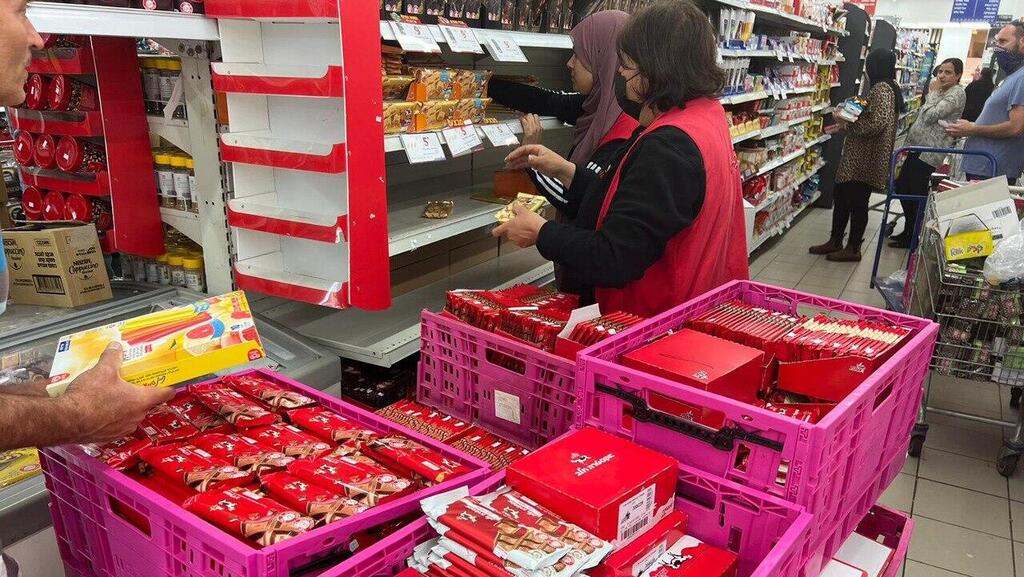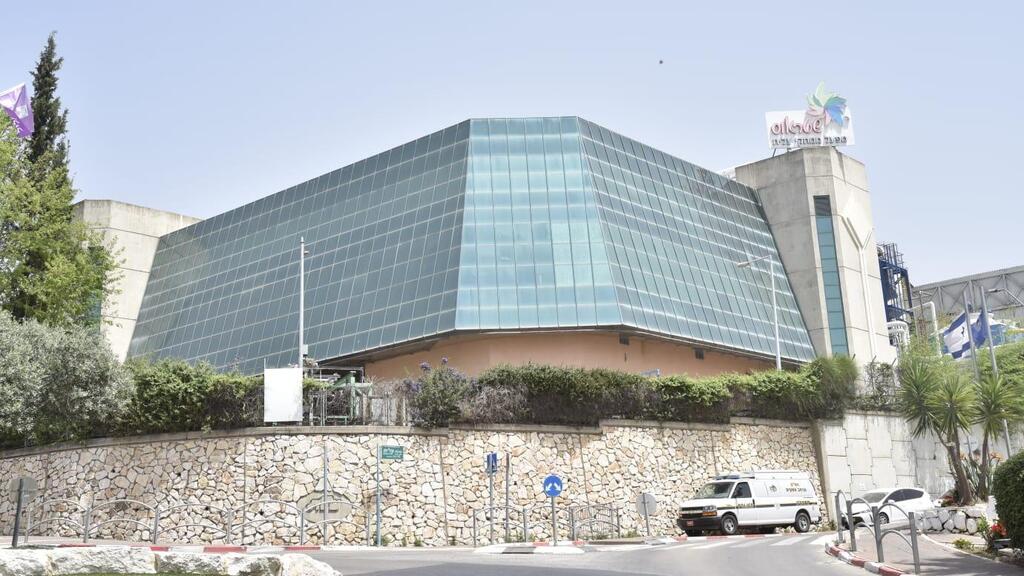Strauss Group’s recall of most of its chocolate products due to salmonella is merely the tip of the iceberg.
The consequences of the recall, one of the largest-ever in Israel's history, is still unclear - for both the consumers and the company.
3 View gallery


Strauss Group's 'Elite' chocolate products recalled from the shelves
(Photo: Ricky Karmi)
A similar incident took place 13 years ago, when the listeria bacteria forced "Maadanot" - Israel's biggest frozen pastries manufacturer - to issue a wide scale recall of its products, and consequently shutter the factory where the bacteria was found.
The incident cost Maadanot around NIS 10 million. Strauss, though, is bound to pay a dozens of millions of shekels over the incident. Not for nothing did the company’s stock plummeted shortly after the recall had been issued.
The decision to recall the massive amount of products from both consumer homes and retail chains comes weeks after the holidays of Purim and Passover - both considered peak months for Strauss - when many households are absolutely packed to the brim with chocolates and sweets.
Yes, the logistics of collecting millions of products and reimbursing consumers will be a pain, but Strauss’ bigger problem is the undeniable fact that competing products will now start filling the vacuum created by the recall.
It is, quite literally, the nightmare of any manufacturer.
It is difficult to ascertain the damage of this event. Many consumers will now abandon Strauss' chocolates and snacks, all while switching to the alternative products that are sure to crop up.
What will happen to the products of companies that buy the liquid chocolate from Strauss? Unilever, which uses it in its ice creams, has already issued a recall at the worst timing imaginable: The start of summer.
3 View gallery


Strauss Group's 'Elite' chocolate products recalled from the shelves
(Photo: Eitan Glickman)
And how much time will it take for consumer fears to subside? Months? Years?
The recall also came at the worst possible time for Strauss.
The food giant is still reeling from the discovery of salmonella in its hummus factory in Virginia earlier this year, and the U.S. Food and Drug Administration’s consequent demand that it makes adjustments to the plant - which is now suffering from both increased expenses, as well as impaired production capabilities - despite it being the company's main source of income.
Finding a pathogenic bacterium (a direct cause of disease) such as salmonella, listeria or E. coli is the biggest nightmare of every food factory manager. First, because of the harm to consumer health and the likely class action lawsuits to follow.
Second, because of the expected economic damages. And third, because of the immense difficulty in locating the source of the bacteria. The source could range from faulty pipes, to raw materials, to one of the employees, to the packaging, and so on and so forth.
And while Strauss could have abstained from a recall, ignoring the dangers of the salmonella could have had far dire consequences for the company, which also exports its products abroad.
All of this has led me to asking one simple question: who is protecting us, the consumers? Recently we have seen a long string of recalls - the majority of which by companies considered to be the pinnacle of technology in the food industry.
Salmonella and Kronobacter bacteria were found in the baby products of "Similac" - a company that had prior to that enjoyed having a squeaky clean reputation - while salmonella was also discovered in kinder products from the acclaimed Ferrero Rocher company.
Those seeking to reassure us will say these incidents are nothing but a drop in the ocean. Not really. It is far more likely that we are simply not made privy to all such discoveries of harmful bacteria.
Israel has precise guidelines for conducting recalls. The Health Ministry, however, places all the responsibility on the manufacturers. They are the ones who are supposed to perform the costly lab tests. They are the ones responsible for collecting all the products and absorb all losses.
Maybe this policy is why we never hear about the discovery of harmful bacteria in products of small-scale manufacturers, who cannot possibly afford a recall and hope to absorb the financial losses.
Maybe the abundances in bacteria in our food has something to do with the global hike in food prices. The world claims so. That coronavirus caused an increase in production costs, which led manufacturers - including large ones - to use cheaper additives, some of which are diluted with products like olive oil, honey or spices.
These are cheap supplements of lesser quality, and herein lies the problem.
The biggest fear is that the war in Ukraine will lead to a further rise in prices of raw materials, which will lead to more companies using even cheaper supplements in its products.
So, what is there to do? The Health Ministry must improve its supervision of food producers in Israel.
Only in this way will we not be dependent on the good graces of large enterprises. Only this way we’ll be able to identify salmonella, listeria and the “gang” before they make their way to the supermarket shelves, and eventually our homes.


